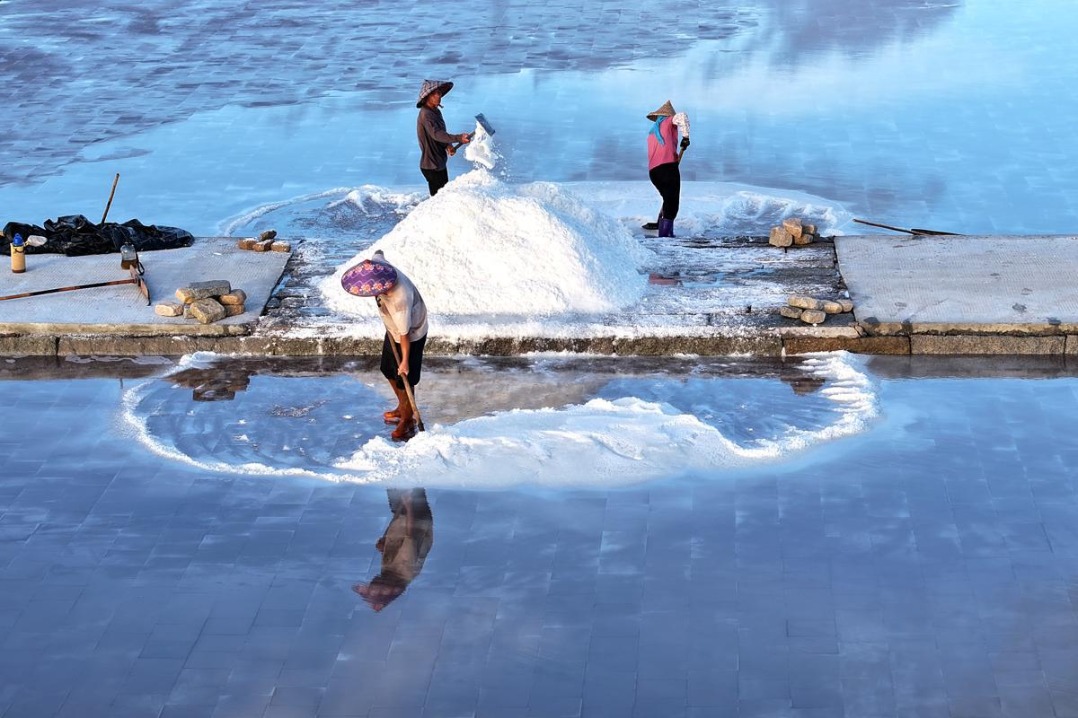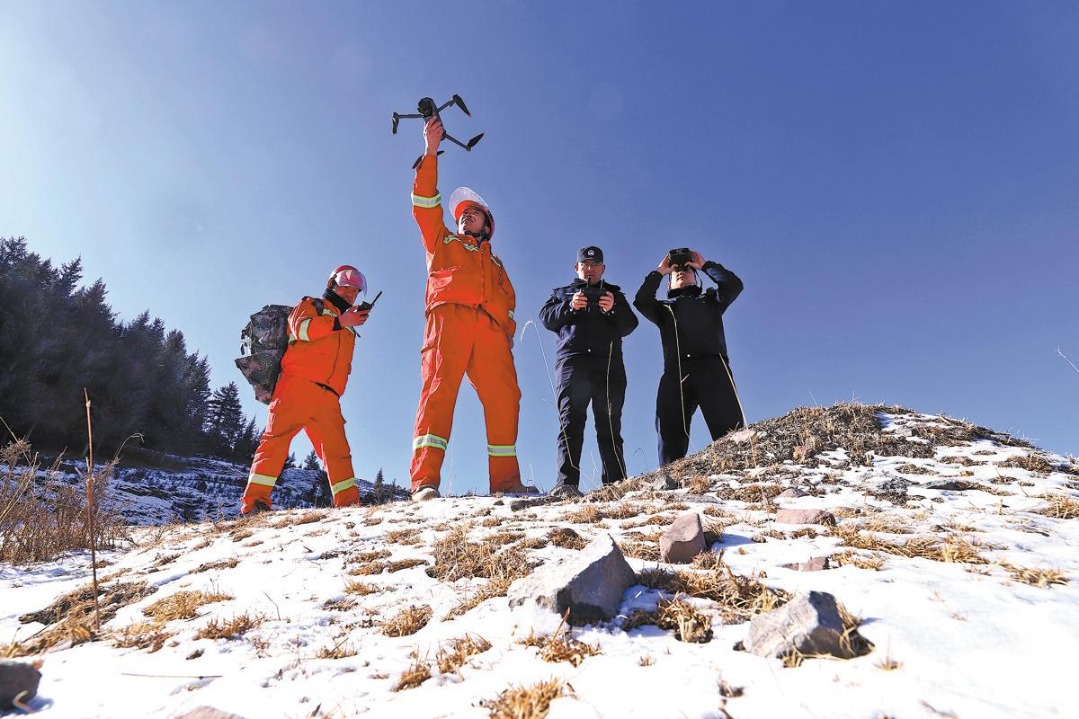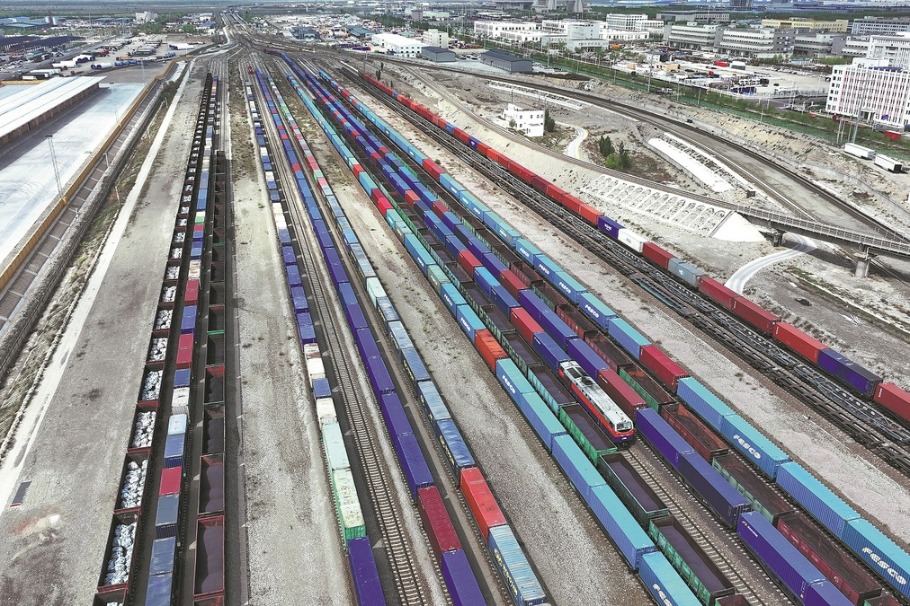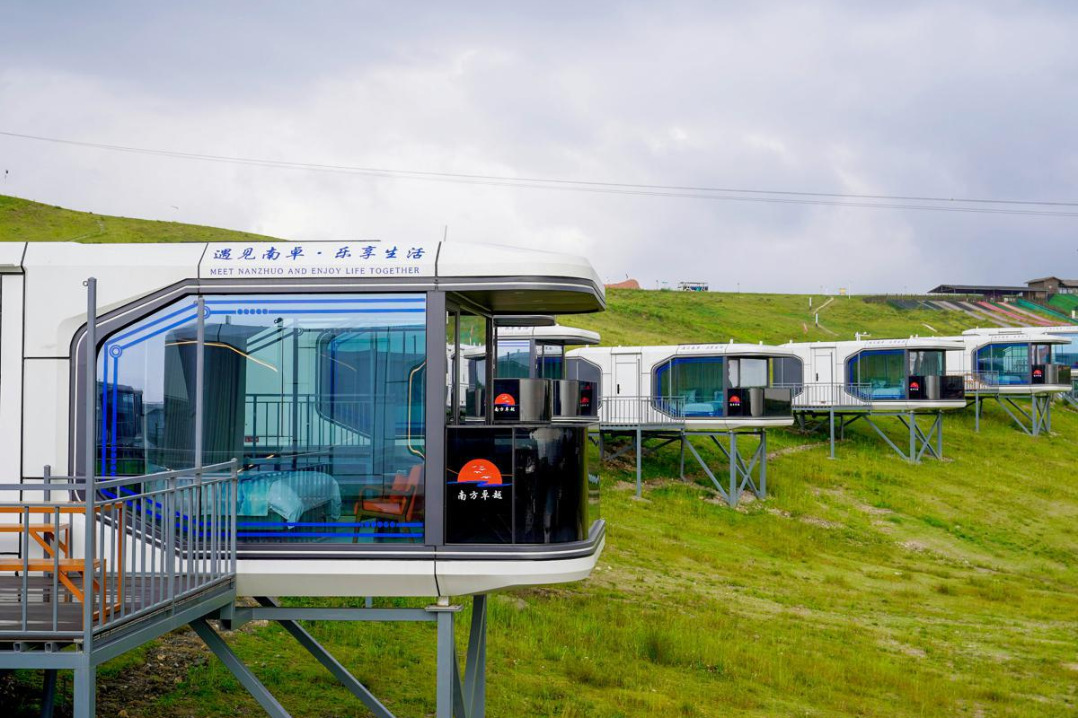Doctor helps people breathe easier at high elevations

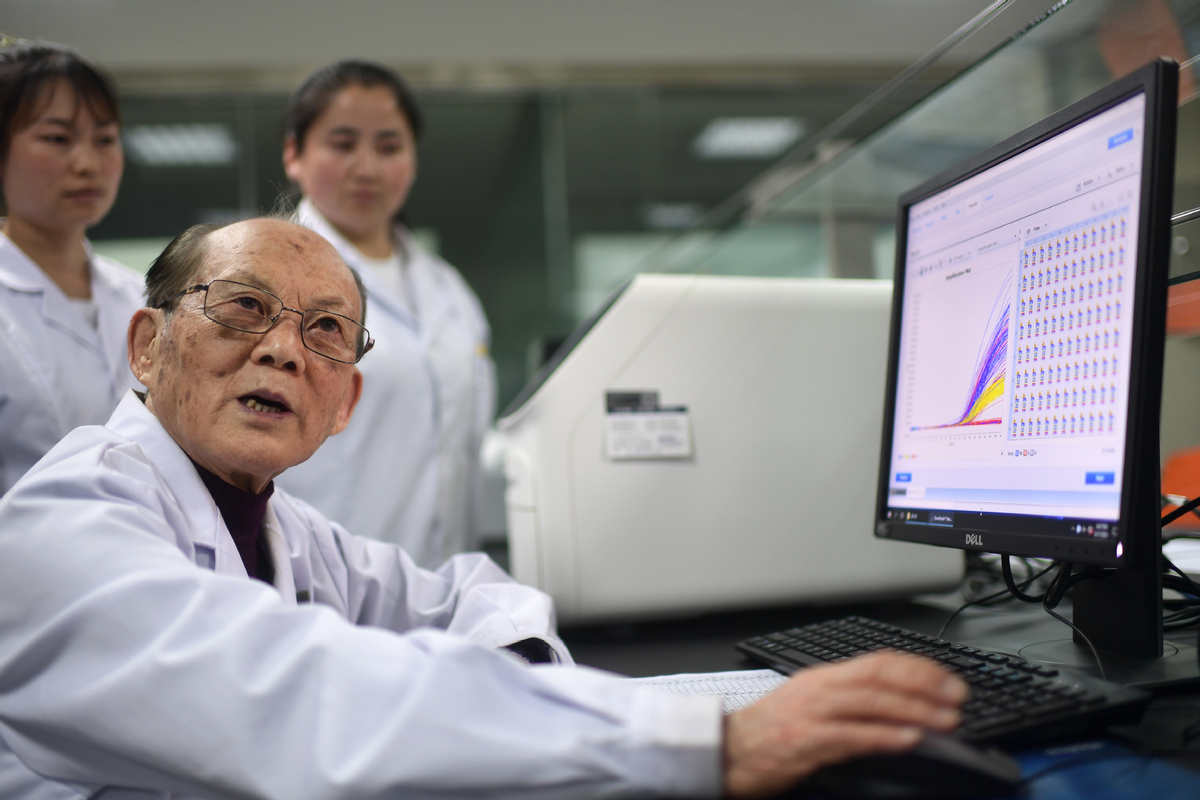
When he noticed that altitude sickness was also common among border soldiers and other migrants who came to take part in the region's economic development, he decided to look for a solution.
"To develop the region, you first had to solve the problem of adaptation to the high altitude," he said.
For decades, Wu spent his time observing and surveying the local population. His hard work paid off.
During construction of the Qinghai-Tibet Railway, the world's highest railway, in the early 2000s, Wu and his team devised a protection-and-first-aid protocol that allowed all 140,000 workers to avoid suffering the effects of acute altitude sickness.
Liu Fengyun, deputy director of the central laboratory of the Qinghai Province Cardiovascular and Cerebrovascular Disease Specialist Hospital, said no casualty during the construction was a "miracle".
- Xi, Tokayev attend ceremony of exchanging cooperation documents
- Zhuhai checkpoints leading to Macao, Hong Kong register 100 million trips
- What the Shenzhou XX astronauts are doing after over 50 days in space
- Beijing-Tianjin-Hebei logistics index hit 52.17% in Q1 of 2025
- Science Talk: Is Red Sun threat rumor or reality?
- 6 remain missing after fireworks factory blast in Hunan, 1 dead

















